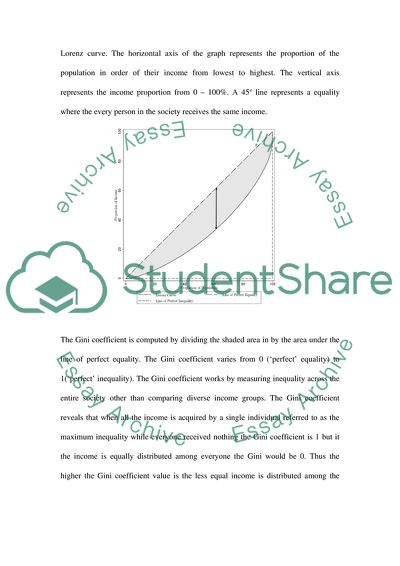Cite this document
(Explain and discuss the meaning and measurement of income inequality Essay - 1, n.d.)
Explain and discuss the meaning and measurement of income inequality Essay - 1. https://studentshare.org/macro-microeconomics/1865541-explain-and-discuss-the-meaning-and-measurement-of-income-inequality-in-a-developed-economy-eg-ukcritically-discuss-using-relevant-evidence-the-possible-economic-causes-and-consequences-of-an-increase-in-income-inequality-for-a-developed-economy
Explain and discuss the meaning and measurement of income inequality Essay - 1. https://studentshare.org/macro-microeconomics/1865541-explain-and-discuss-the-meaning-and-measurement-of-income-inequality-in-a-developed-economy-eg-ukcritically-discuss-using-relevant-evidence-the-possible-economic-causes-and-consequences-of-an-increase-in-income-inequality-for-a-developed-economy
(Explain and Discuss the Meaning and Measurement of Income Inequality Essay - 1)
Explain and Discuss the Meaning and Measurement of Income Inequality Essay - 1. https://studentshare.org/macro-microeconomics/1865541-explain-and-discuss-the-meaning-and-measurement-of-income-inequality-in-a-developed-economy-eg-ukcritically-discuss-using-relevant-evidence-the-possible-economic-causes-and-consequences-of-an-increase-in-income-inequality-for-a-developed-economy.
Explain and Discuss the Meaning and Measurement of Income Inequality Essay - 1. https://studentshare.org/macro-microeconomics/1865541-explain-and-discuss-the-meaning-and-measurement-of-income-inequality-in-a-developed-economy-eg-ukcritically-discuss-using-relevant-evidence-the-possible-economic-causes-and-consequences-of-an-increase-in-income-inequality-for-a-developed-economy.
“Explain and Discuss the Meaning and Measurement of Income Inequality Essay - 1”. https://studentshare.org/macro-microeconomics/1865541-explain-and-discuss-the-meaning-and-measurement-of-income-inequality-in-a-developed-economy-eg-ukcritically-discuss-using-relevant-evidence-the-possible-economic-causes-and-consequences-of-an-increase-in-income-inequality-for-a-developed-economy.


